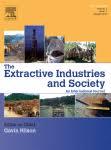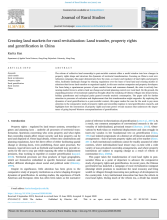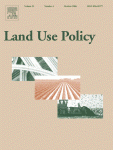/ library resources
Showing items 1 through 9 of 15.The narrative of Ethiopia’s remarkable economic growth path under a developmental state model is that of a strong ruling coalition united behind the vision of the late Prime Minister Meles Zenawi.
The reform of collective land ownership in post-socialist contexts offers a useful window into how changes in property rights shape and structure the dynamics of territorial transformation.
Mounting exclusionary forces have made the task of achieving equity in urban land delivery more elusive than it has ever been.
In 2010, the Vietnamese government implemented a national payment for ecosystem services (PES) policy. In promoting the policy, the government has conveyed PES as a successful policy that has achieved multiple objectives, including forest protection and poverty alleviation.
In the early 1990s, the Lao government launched a nationwide Land Use Planning and Land Allocation programme in a bid to foster socio-economic development while protecting the environment. However, the programme has long been perceived as having negative impacts on rural livelihoods.
Climate change and green grabbing/resource grabbing together call for nuanced understanding of governance imperatives, and for constructing a knowledge base appropriate to political intervention.
Wars and their aftermaths frequently transform land use and ownership, reshaping 'post-conflict' landscapes through new boundaries, population movements, land reforms and conditions of access.
We examine the emergence of land markets and their effects on forest land appropriation by farm households in Jambi Province, Sumatra, using micro-level data covering land use and land transactions for a period of more than 20 years (1992–2015).
One of the main components of Indonesia's Just Economy policy is extensive and rapid land reform, which targets about 12% of the country's land area for redistribution to farmers and communities by 2019. Much of the reform is occurring on forest land.
Pagination
Land Library Search
Through our robust search engine, you can search for any item of the over 73,000 highly curated resources in the Land Library.
If you would like to find an overview of what is possible, feel free to peruse the Search Guide.







